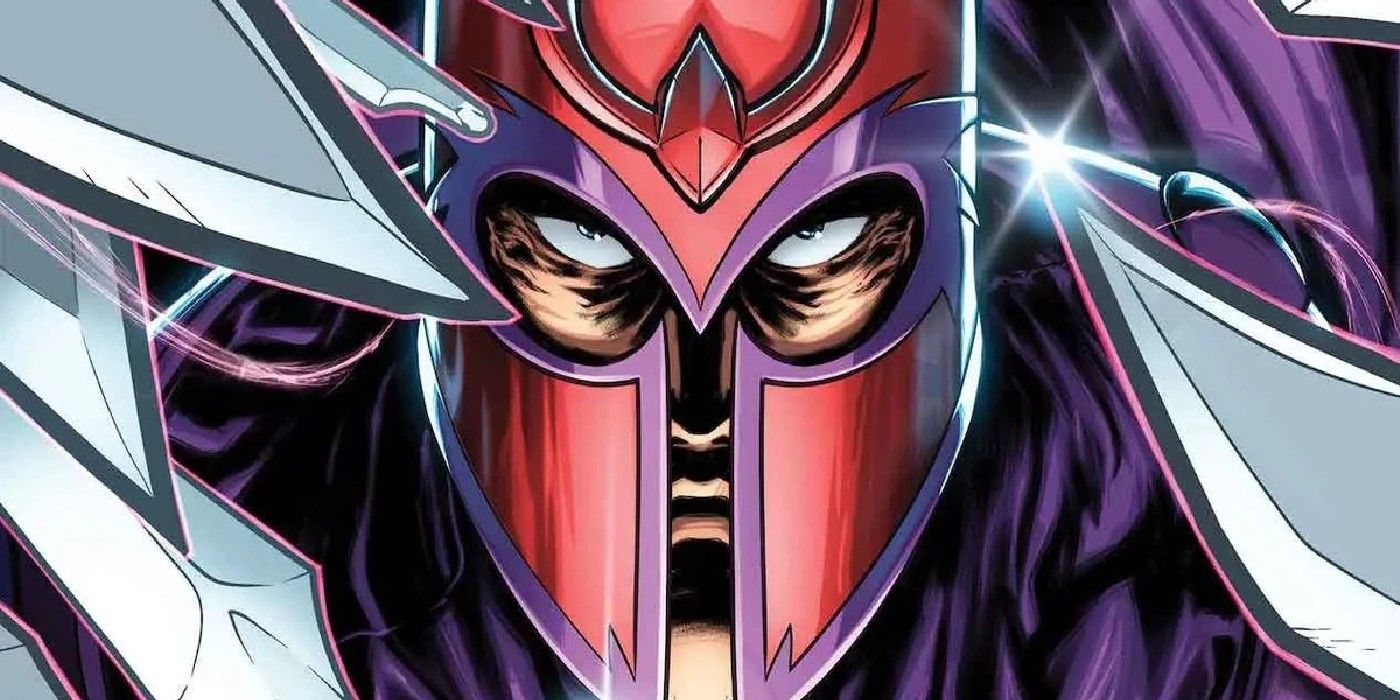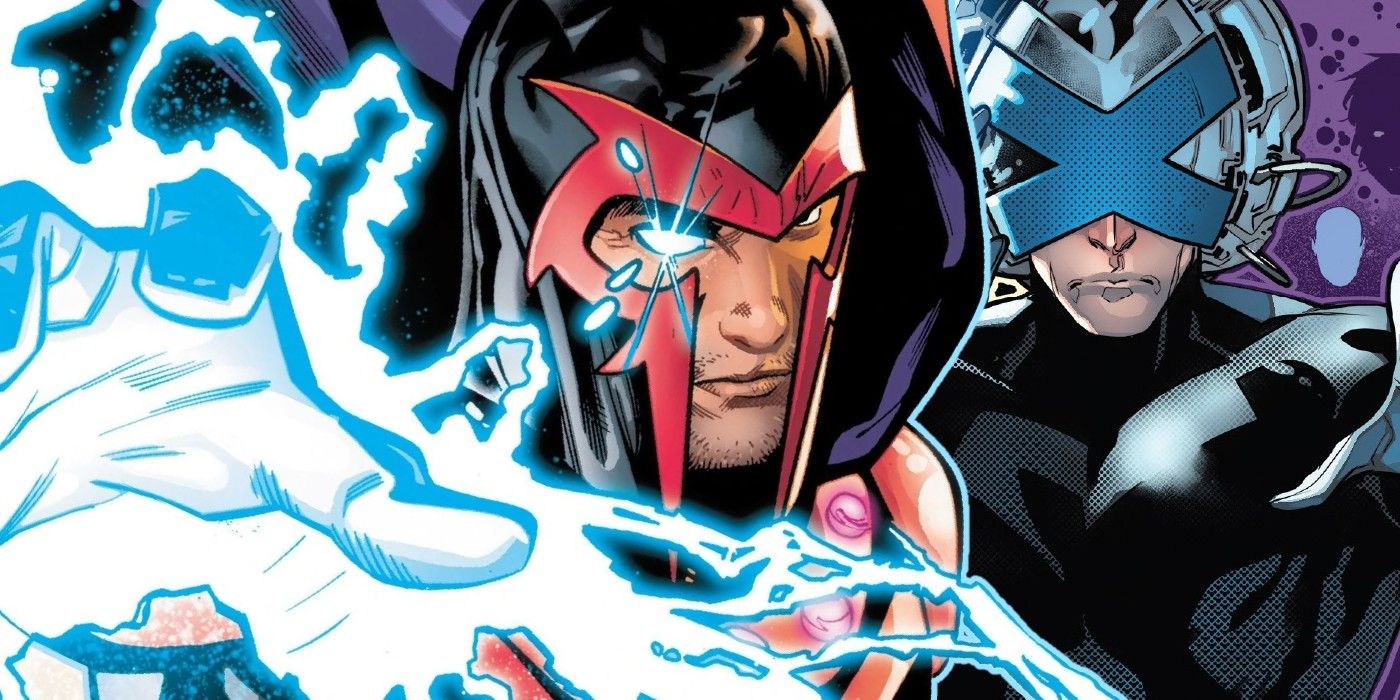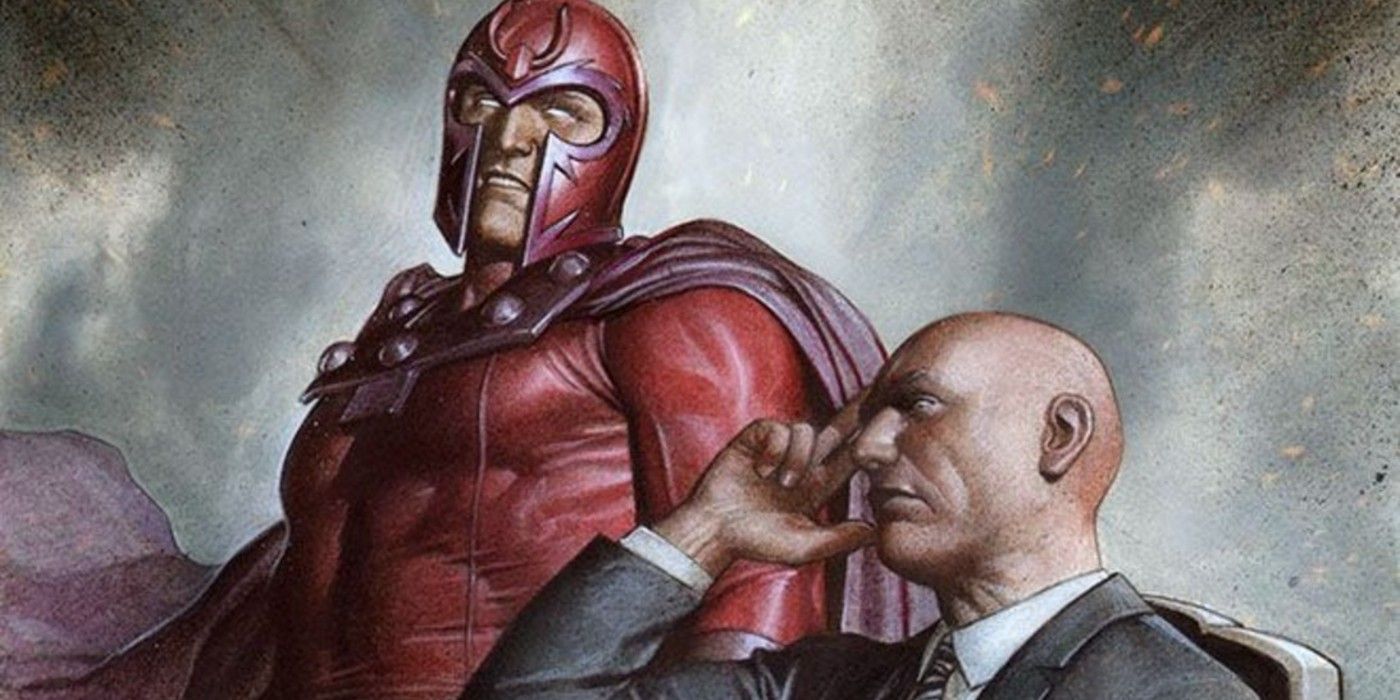Summary
- Claremont found real-world influence in Israeli leader Menachem Begin's evolution for Magneto's character development.
- X-Men's mutants were created as a reflection of oppressed minorities in America by Stan Lee and Jack Kirby.
- Claremont emphasized storytelling with social relevance while adding complexity to Xavier and Magneto's dynamic.
Throughout the years, many X-Men readers have drawn parallels between the franchise's two figureheads, Professor X and Magneto, and civil rights activists Dr. Martin Luther King Jr. and Malcolm X. In an interview, legendary X-writer Chris Claremont called these comparisons "valid," though he suggested a more appropriate parallel for his own work with the characters, particularly Magneto: former Israeli Prime Minister Menachem Begin.
In an interview with Empire, legendary X-Men writer Chris Claremont explained the real-world influences behind his takes on Xavier and Magneto, which shaped Stan Lee and Jack Kirby's archtypes into multi-dimensional, flesh-and-blood characters.
Claremont noted that it would have been "incredibly presumptuous" for him to base his characters on King and X, America's two most famous black civil rights leaders, though the opposing mutants share some tangential similarities with both activists. Rather, Claremont drew on his own experiences in Israel, and his understanding of Menachem Begin as inspiration for his stories.

X-Men Permanently Settles Whether Magneto Is a Hero or Villain
Magneto is one of the most complicated characters in X-Men lore, and his hero vs. villain allegiances remained muddy, until Marvel settled the debate.Magneto's True Real World Influences Made Him A More Dynamic Character
Chris Claremont's Uncanny Run: X-Men #94 (1975) To #279 (1991)
Menachem Begin was the leader of the Zionist military group Irgun, which revolted against the British government in charge of what was then Palestine in 1944. While the Irgun were classified by the British as a terrorist group at the time, Begin was later elected Israeli Prime Minister in 1977, and brokered a peace treaty between Israel and Egypt, for which he was awarded the Nobel Peace Prize.
As Chris Claremont explained to Empire:
"There’s a lot of talk online now that Magneto stands in for Malcolm X and Xavier stands in for Martin Luther King...but for me, being an immigrant white (Claremont was born in England), to make that analogy felt incredibly presumptuous" Claremont states. "An equivalent analogy could be made to Menachem Begin as Magneto, evolving through his life from a terrorist in 1947 to a winner of the Nobel Peace Prize 30 years later."
The last detail in Begin's life in particular was an inspiration for Claremont in writing Magneto. "That evolution was something I wanted to apply to the relationship between Xavier and Magneto," he said. "It’s an evolving 150-issue arc." According to Claremont, his goal for Magneto was always to eventually become Xavier's successor as leader of the X-Men and headmaster of Xavier's School for the Gifted, mirroring Begin's own trajectory over his lifetime.
The X-Men franchise was created by Stan Lee and Jack Kirby in 1963, at the height of the Civil Rights movement in the United States. The mutants that make up the team were used as a thinly-veiled allegory for oppressed minorities, and over the years have stood for many marginalized groups in America: those with different sexual orientations, ethnic backgrounds, and religious beliefs. Chris Claremont emphasized this socially relevant storytelling purpose during his time writing X-Men, while he also tried to give his characters real-world complexity.
Early on in X-Men's run, two ideological sides of the conflict were presented: Professor Charles Xavier wanted mutants to champion their causes peacefully, while Magneto believed mutantkind should actively fight against those who oppressed them. Over the years, the dynamic between the two characters, and their perspectives on human-mutant relations, have become more complex – thanks in large part to Chris Claremont's long tenure with the franchise in the 1980s and '90s.
Magneto And Professor X Continue To Evolve With The X-Franchise
Must Read Claremont: "The Trial Of Magneto" (Uncanny X-Men #200)
To varying degrees, the X-Men franchise has often drawn inspiration from, and parallels with, the real-world. That said, however, the true inspirations for Professor X and Magneto are far more complex than their parallels to Dr. King and Malcolm X.
Speaking of his intended character progression for Magneto, reflecting his real-world influences, Claremont stated:
"For me he was a much more fascinating character because of his flaws and there was always a risk that he might fall from grace."
That said, there are also limits to the connection between real events, and individuals, and fiction. Claiming that Professor X and Magneto were inspired by Dr. King and Malcolm X, respectively, in a way does a disservice to both men. Dr. King was not as passive as Xavier, nor was Malcolm X a violent mass murderer like Magneto. While Stan Lee never envisioned Magneto as a traditional villain, he also did not grant him a sympathetic backstory.
Instead, Magneto's past during the Holocaust was established by Claremont, beginning the process of shaping the character into who he has become. Whatever Stan Lee intended for the characters when they were first conceived of, both Xavier and Magneto have grown dramatically in the decades since. To varying degrees, the X-Men franchise has often drawn inspiration from, and parallels with, the real-world. That said, however, the true inspirations for Professor X and Magneto are far more complex than their parallels to Dr. King and Malcolm X.
Source: Empire


